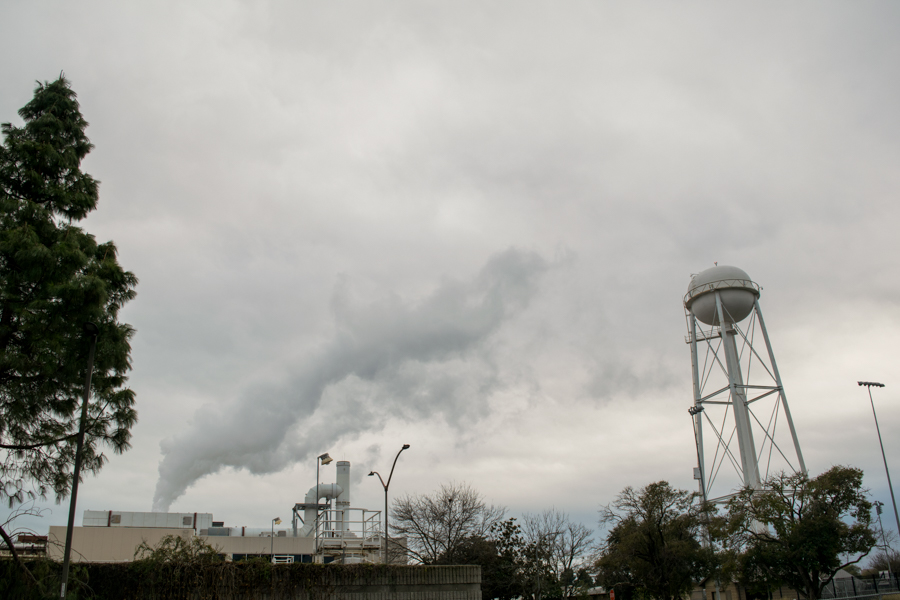
UC Davis Crocker Nuclear Laboratory granted $13 million federal contract to monitor nation’s fine particles
In late 2015, the U.S. government chose the UC Davis Crocker Nuclear Laboratory to be the main contractor for both of the nation’s major federal fine particle air quality monitoring networks, the National Park Service’s Interagency Monitoring of Protected Visual Environments (IMPROVE) network and the Environmental Protection Agency’s (EPA) Chemical Speciation Network (CSN). Together, the networks monitor the urban air quality of over 250 sites nationwide, providing data that helps inform national air quality standards and regulations.
UC Davis was awarded the $13 million contract in mid-September, which is intended to be spent toward research for the next five years. As the primary contractor for IMPROVE since 1988, UC Davis’ nuclear laboratory was chosen as the main contractor for both networks because EPA recognized the consistency of having both networks managed by the same entity.
IMPROVE focuses on visibility, while CSN focuses on human health in urban areas; however, both networks measure fine particles and use the same lab analyses to determine chemical composition.
“We’ve developed a reputation for looking at data problems and trying to solve them, applying more data interpretation for the agencies,” said Charles McDade, CSN program manager at UC Davis. “We do more than just turn the crank.”
At the lab, scientists analyze air particles and determine where they come from, whether that be industrial emissions, agriculture dust or wildfires. The IMPROVE network has sampling sites at nearly every national park, including Yosemite and the Grand Canyon.
“Air particles kill people; that’s the bottom line,” said engineering professor Anthony Wexler. “The federal government measures it to see if cities are in compliance. Since we measure chemical composition, we can help them see what chemicals to regulate and can give them clues about what to fix.”
The data UC Davis collects from national parks are publicly available and used widely by scientists, agencies, stakeholders and the general public alike. The data is used for a range of purposes, from climate change studies and air pollution modeling to epidemiology research. The researchers hope that their work can help continue to improve air quality across the country.
“Across the Unites States, air quality is getting better and better everywhere,” said Nicole Hyslop, the IMPROVE program manager at UC Davis. “That’s largely because of cleaner vehicles and reduced numbers of coal-fired power plants.”
To follow the Crocker Nuclear Laboratory’s research, visit airquality.ucdavis.edu.
Written by: DEMI CACERES – campus@theaggie.org





